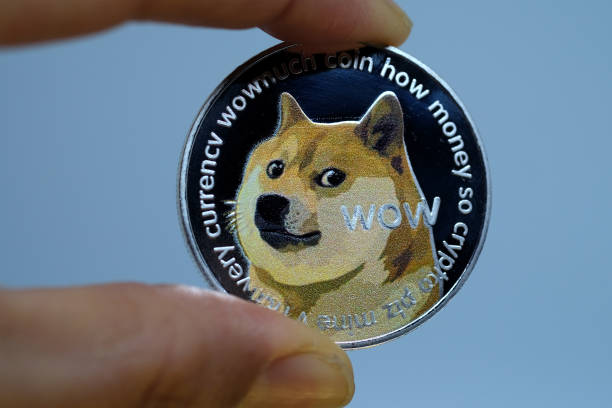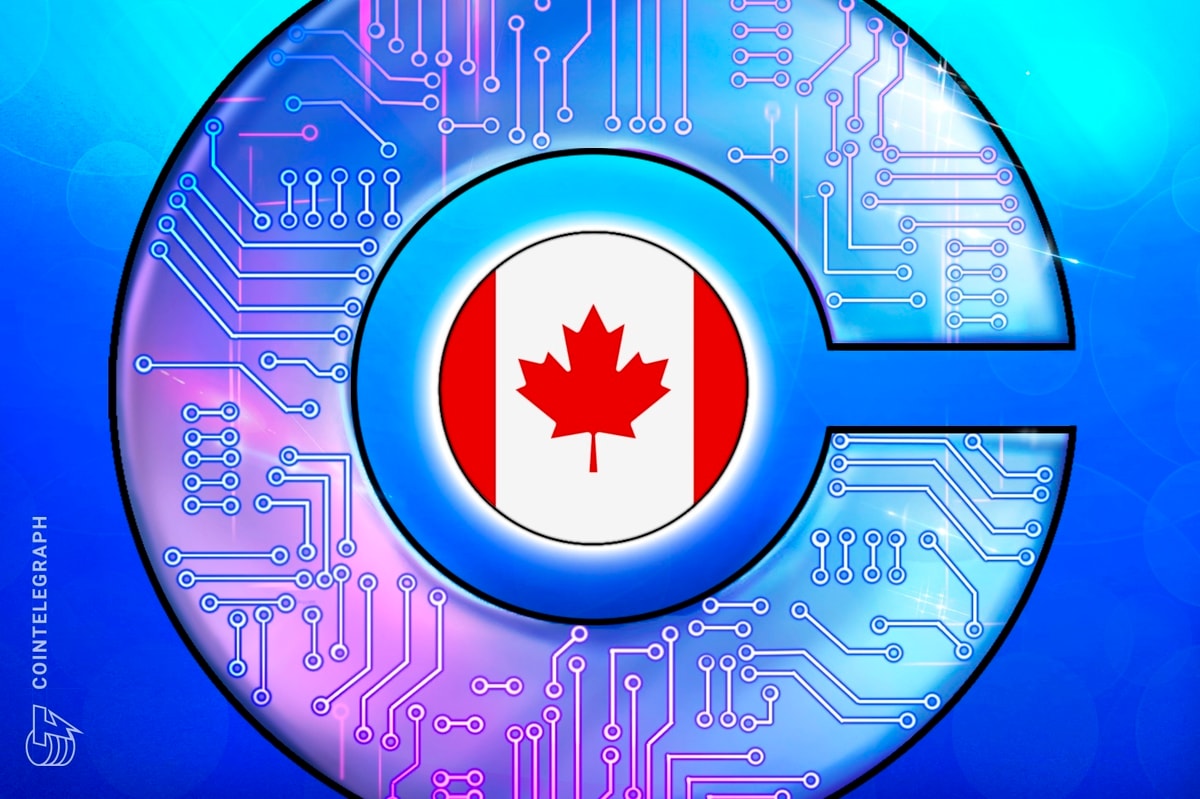
Intel has announced the creation of a new fintech innovation lab in Tel Aviv, The Jerusalem Postreports. The lab will be operated in association with The Floor, a fintech hub based at the Tel Aviv Stock Exchange.
The work of the new Intel fintech lab will be centered on blockchain technology, biometrics and the Internet of Things (IoT).
“Through this collaboration, Intel will be able to lead, alongside The Floor, the development of this field in Israel and to widen the influence of technology on the financial field, from the user to the cloud,” said Sharon Puterman-Zafrir, Intel Israel’s manager of IoT.
The Floor, based at the Tel Aviv Stock Exchange (TASE), is the first fintech hub of its kind in Israel. Backed by Pando Group, a $250 million Chinese-Israeli venture capital fund headquartered in the British Virgin Islands, The Floor hosts local fintech entrepreneurs and provides access to Israeli fintech for leading international financial players, tech giants and venture capitalists. The hub has partnerships with international banks such as HSBC, RBS, Santander and Intesa Sanpaolo.
The Floor’s business model seems similar to that of London-based innovation lab Level39, which in 2015 started hosting a blockchain innovation project of giant Swiss bank UBS.
“Intel brings a powerful multidisciplinary approach that could help Israel become a global capital in the field of fintech,” said Gil Devora, cofounder of The Floor.
Intel has been quietly building its expertise in distributed ledger technologies. In 2015, the tech giant started hiring engineers for a new research group dedicated to investigating hardware and software able to advance the performance, robustness and scalability of open, decentralized ledgers. Then, Intel became a member of the Hyperledger Project, a collaborative effort started in December under the leadership of the Linux Foundation to “establish, build and sustain an open, distributed ledger platform that will satisfy a variety of use cases across multiple industries.”
“Blockchain technology can help enable secure transfer of digital assets among known and unknown parties,” said Imad Sousou, vice president and general manager of the Open Source Technology Center at Intel. "Intel looks forward to collaborating with the Hyperledger Project to advance the security, scalability and privacy of transactions in enterprise and permissionless systems.”
In April, Intel unveiled its first contribution to the Hyperledger Project: the “Sawtooth Lake” platform, a toolkit for companies that want to develop custom blockchains.
Intel seems more interested in nonfinancial applications of distributed ledger technology, with a special focus on the IoT, an emerging sector that could benefit from the robustness and resiliency provided by distributed ledger technology.
“While Bitcoin is the most popular distributed ledger, the technology has been proposed for many different applications ranging from international remittance, insurance claim processing, supply chain management and the Internet of Things (IoT),” notes the Sawtooth Lake documentation.
Focusing on the IoT ‒ the upcoming network of billions of always-on devices from environmental sensors to home appliances ‒ makes a lot of sense for a hardware and firmware maker such as Intel. In fact, Intel is one of the tech companies best positioned to profit from the emerging IoT wave.
Besides blockchain technology, the IoT and biometrics are among the stated focus areas of the new lab in Tel Aviv. Therefore, it seems plausible that Intel sees the new lab as part of an integrated strategy focused on smart, always-on personal devices.
Intel has had R&D; operations in Israel for many years, but the new lab underlines the country’s status as an emerging hub for advanced technology and finance. A recent Deloitte report notes that Israel, driven by a strong defense industry, technological military units and cutting-edge academic institutes, has become a hub for startups and hi-tech innovation. The country’s unique experience with fintech, cyber and cryptography has positioned Israel as a hotspot for blockchain innovation.
According to Deloitte, Israel has the world’s second-best entrepreneurial ecosystem, able to produce disruptive and cutting-edge innovations, with the highest concentration of technical companies outside of Silicon Valley and the highest number of NASDAQ-listed technology companies after the United States and China. The country, and specifically Tel Aviv, is rapidly positioning itself at the forefront of blockchain technology.
“The fintech and cybersecurity industries, with obvious connections to blockchain technology, are two of the strongest fields within the Israeli startup community,” notes the Deloitte report. “Although the blockchain ecosystem is currently mostly associated with Bitcoin, the Israeli companies and entrepreneurs are developing solutions that have the potential to disrupt various industries.”










